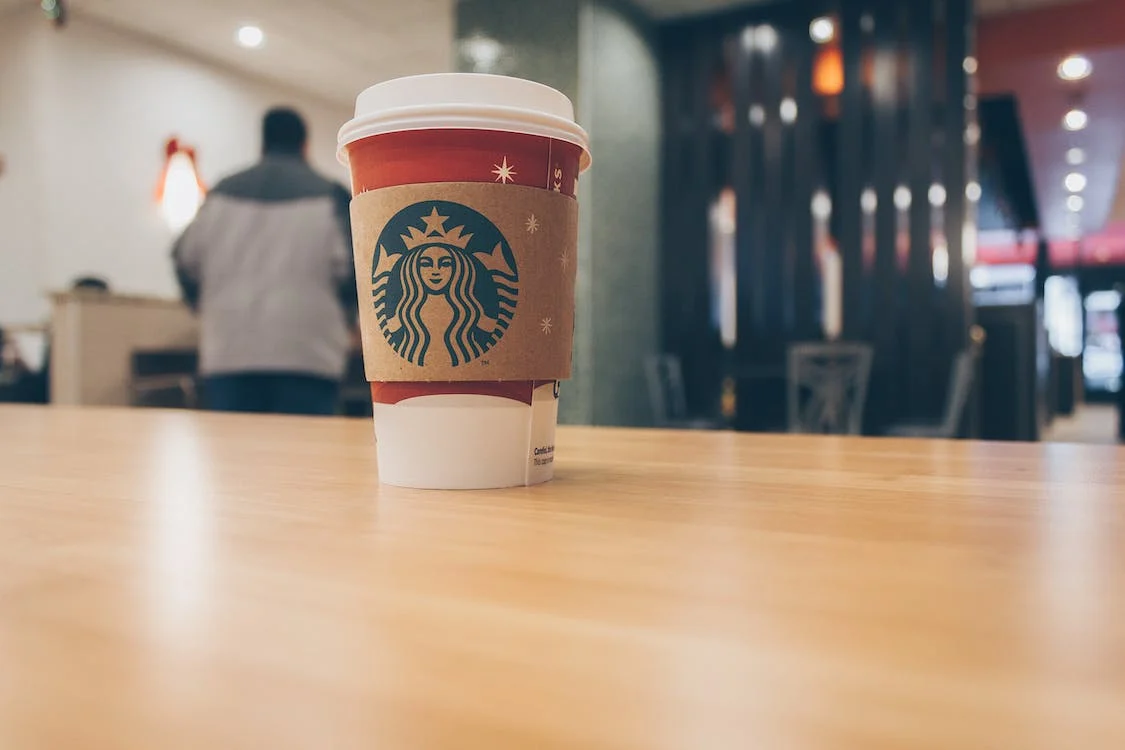Starbucks, the largest coffee chain, has successfully transformed itself from a café chain to a major player in fintech. Through its rewards programme, Starbucks has quietly become a quasi-banking institution, holding billions of dollars of customer funds. The coffee giant invests this money in low-risk, short-term investments, earning interest on what is essentially an interest-free loan from customers. This highly profitable model has prompted other retailers like Amazon, Apple, and Walmart to follow suit by launching their own financial services. Just in October of last year, Apple launched its own high-yield savings account after launching the Apple Card in August 2019.
The Starbucks rewards programme allows customers to preload funds onto a Starbucks card through a mobile app. They earn Stars with each purchase, which can eventually be redeemed for free drinks and food. But in the meantime, Starbucks gets to invest the unused balances, which totalled an estimated $10 billion in 2021. A report by The Motley Fool said that Starbucks had $2.1 billion in stored-value card liability and a current portion of deferred revenue as of January 2, 2022. This means that customers had given Starbucks $2.1 billion in advance for future purchases but had not yet redeemed it. The report also said that this amount was up from $1.6 billion as of October 3, 2021. This places Starbucks among the top 2% of US banks by deposits. Some customers may never redeem their full balances, giving Starbucks free interest on the unused funds without accounting for lost card balances.
Consumer advocates have raised concerns that prepaid card models like Starbucks' encourage overspending by obscuring the true cost of purchases. Regulations for these business practises are a little different than strict guidelines for banking activities, but regulators have taken little notice as Starbucks faces less scrutiny than traditional banks. However, government agencies are slowly moving to increase oversight of retailers offering financial services. New rules proposed in the US, EU, UK, and Australia would require registration, licencing, and compliance with consumer protection laws. But the effectiveness of these measures remains uncertain, although it is understandable that most are not in the lending business or credit creation.
The "Starbucks model" has proven wildly successful, prompting major retailers to follow suit with their own quasi-banking services. But increased regulatory attention shows that lawmakers are beginning to reckon with the emergence of non-financial companies as major players in fintech, which may affect the expansion of services that can be offered in the future. As the line between retailers and banks blurs, companies like Starbucks may have to adapt to a new regulatory environment even as they continue to innovate.















